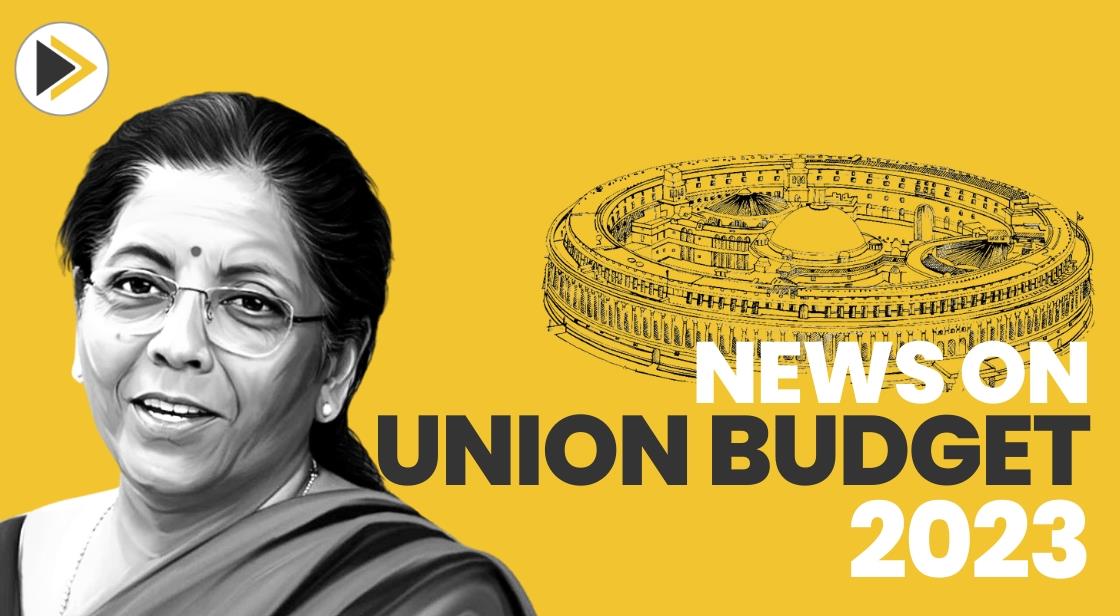Union Budget 2023: US Industry Wants FM To Rationalize & Simplify Direct & Indirect Taxes In India

News Synopsis
Prior to the annual budget announcement, a leading US business and strategic advocacy group focused on India has urged Nirmala Sitharaman, the union finance minister, to rationalise and simplify India's direct and indirect taxation system. The group believes this will boost foreign direct investment and boost investor confidence globally.
While indirect taxes such as GST, Customs Duty, or VAT are levied on all end-consumers to purchase any products or services, direct taxes can take the form of income tax, capital gains tax, or securities transaction tax. Prior to the annual budget announcements on February 1, the US-India Strategic and Partnership Forum (USISPF) urged the finance ministry to "rationalise corporate tax rates for foreign enterprises."
It suggested lowering the tax rate for international businesses, particularly banks, in order to achieve parity and tried to rationalise taxation for emerging industrial firms. USISPF sought to standardize holding times and rates for various instruments while pleading with India to streamline capital gain tax reforms.
It requested the Union Finance Minister to extend the preferential tax regime to Foreign Portfolio Investment (FPI) from investments in securities and to "reiterate India's commitment to the global tax pact." Additionally, USISPF has proposed tax incentives for some industries, such as renewable energy and health-related R&D expenditures.
Among the suggestions made by the Forum are promoting a stable and predictable tax environment, enhancing the business environment's ease of doing business, reducing the cost of doing business, and rationalising tax rates and tariffs. Regarding indirect taxes, the USISPF requested clarification on the customs duty exemptions granted to oil and gas companies, the lowering of the x-ray machine customs duty rates from 10% to 7.5%, and the provision of a customs duty exemption on all items imported by specific research and development units.
USISPF requested the finance minister to reverse the customs duty increase on nutritious items in light of the relevance and value of the product and to support the availability of nutritional food in India that has been carefully formulated using scientific principles. The customs tariff act's ambiguities regarding telecom products are to be addressed, advanced biofuel projects should be eligible for reduced customs duties, and local processes for trade facilitation programmes like CAROTAR and Faceless Assessment should be strengthened. These are just a few of the recommendations the report makes regarding customs tariffs and duties.
You May Like









